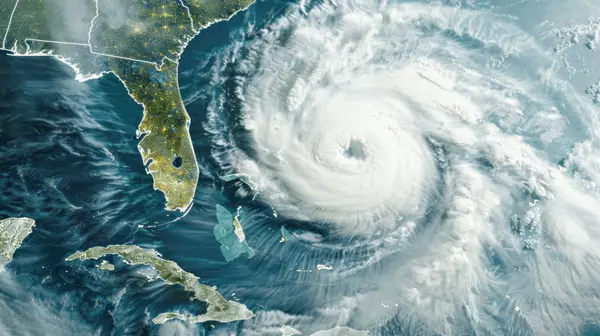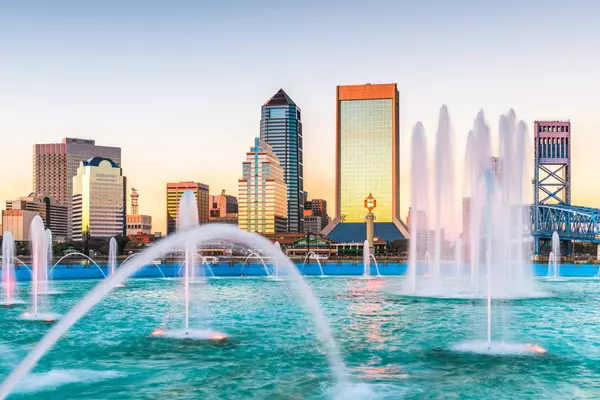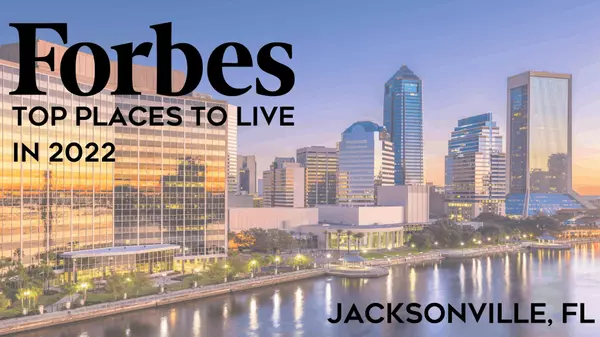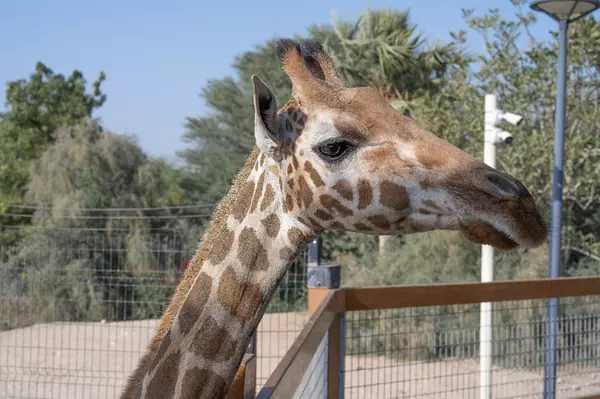Does Jacksonville, Florida, get hurricanes?
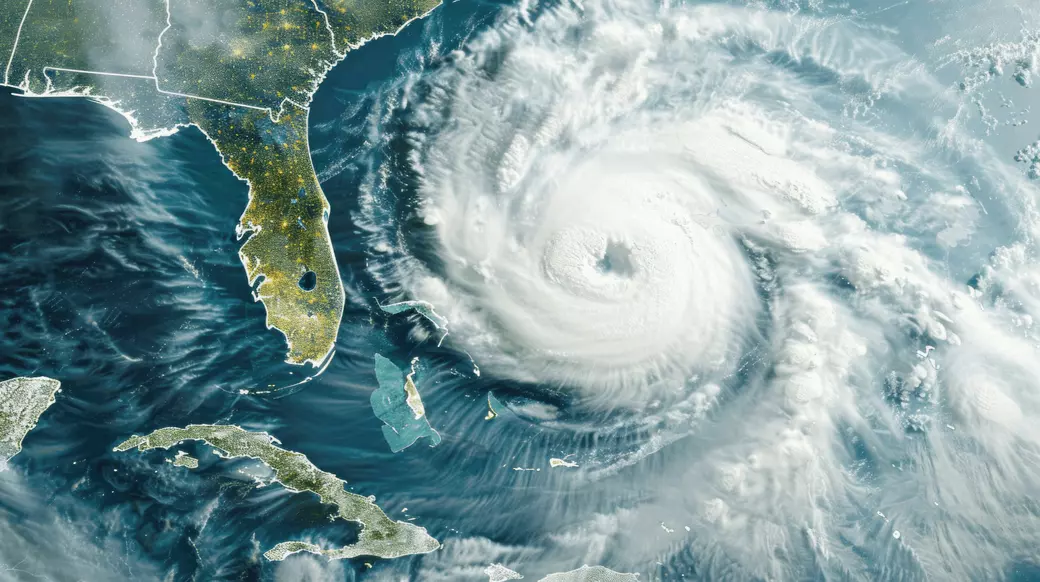
Does Jacksonville, Florida, get hurricanes
Introduction
Is Jacksonville, Florida, the home of the Jaguars and the largest city in Florida's First Coast region, safe from hurricanes? It depends on who you ask. Some people will tell you that it's not even possible for a hurricane to hit Jacksonville because it's on west-facing coast and hurricanes always move east. Others will say that Jacksonville is like any other coastal town in that it can be affected by hurricanes and tropical storms. The truth is somewhere in between: there have been instances of major hurricanes hitting the First Coast over time—though we're talking about very rare events here—and smaller tropical storm systems have caused damage throughout Jacksonville over the years as well
Jacksonville, Florida is not spared from extreme wind and rainfall during hurricane season.
Jacksonville, Florida is not spared from extreme wind and rainfall during hurricane season.
-
Hurricane season is from June 1 to November 30.
-
A hurricane is defined as a tropical cyclone with winds greater than 74 mph.
When hurricanes strike, they can cause severe damage to structures and flooding in Jacksonville, Florida.
Hurricanes and tropical storms do affect Jacksonville, Florida.
If you’re planning to visit Jacksonville, Florida, there are a few things you should know about hurricanes. Hurricanes and tropical storms are common in this area of the state. In fact, Jacksonville is one of several places on the Atlantic coast that has been hit by damaging storms several times per decade since the mid-1800s. It’s important that you take precautions during hurricane season (June 1–November 30) so that your trip isn't ruined by severe weather conditions.
Here's what happens during a hurricane:
-
Winds can reach over 100 mph, which can cause property damage and structural collapse. High winds can also bring down trees and power lines—making them dangerous obstacles for hikers or cyclists who want to explore areas near their hotel room after dark.* Heavy rainfall may lead to flash floods if drainage systems aren't built properly.* Storm surge warnings indicate that water levels may rise several feet above normal levels within hours after landfall; such surges can flood low-lying areas like beaches or coastal towns.*
A hurricane or tropical storm in Jacksonville can bring winds of over 100 mph and result in severe damage to structures.
A hurricane or tropical storm in Jacksonville can bring winds of over 100 mph and result in severe damage to structures. The severity of the damage depends on the strength of the storm, category one having the lowest wind speed and category five having the highest wind speed. The closer you are to the eye of a storm, which is usually 30 miles from its center, then your risk for damage increases.
Winds can cause major structural damage including roof shingles being ripped off homes and businesses; trees blown down onto houses; power lines knocked down leading to blackouts; windows blown out by strong wind gusts; cars damaged by flying debris such as branches or other items that get picked up by high winds.
Rainfall amounts vary widely depending on where you live but rain is usually heaviest near eye wall areas where heavy rain may lead to flash flooding if drainage systems cannot handle excess water runoff from storms moving through rapidly without much time for drainage channels etc., so be watchful for signs of possible flooding!!
The likelihood of a hurricane or tropical storm hitting Jacksonville is lower than the likelihood of one hitting Miami, but it is not zero.
The likelihood of a hurricane or tropical storm hitting Jacksonville is lower than the likelihood of one hitting Miami, but it is not zero. In fact, Jacksonville is more likely to be hit by a hurricane or tropical storm than New York City.
Jacksonville, Florida, is affected by hurricanes and tropical storms
Jacksonville, Florida is in the path of hurricanes and tropical storms. The city has been affected by hurricanes and tropical storms in previous years, including Hurricane Katrina (2005), Hurricane Matthew (2016), and Hurricane Hermine (2016). Jacksonville has not been spared from extreme wind and rainfall during hurricane season.
Conclusion
It is unlikely that Jacksonville will be hit by a hurricane or tropical storm in the coming season, but it is possible. If you are planning on visiting Jacksonville, Florida during hurricane season and want to know if there’s a chance of being affected by severe weather, then make sure to check with local authorities before making any plans.
Categories
Recent Posts
